27 Bullets and 3 Lives: The Suspicious Death of Kennedy Mwangi and Companions
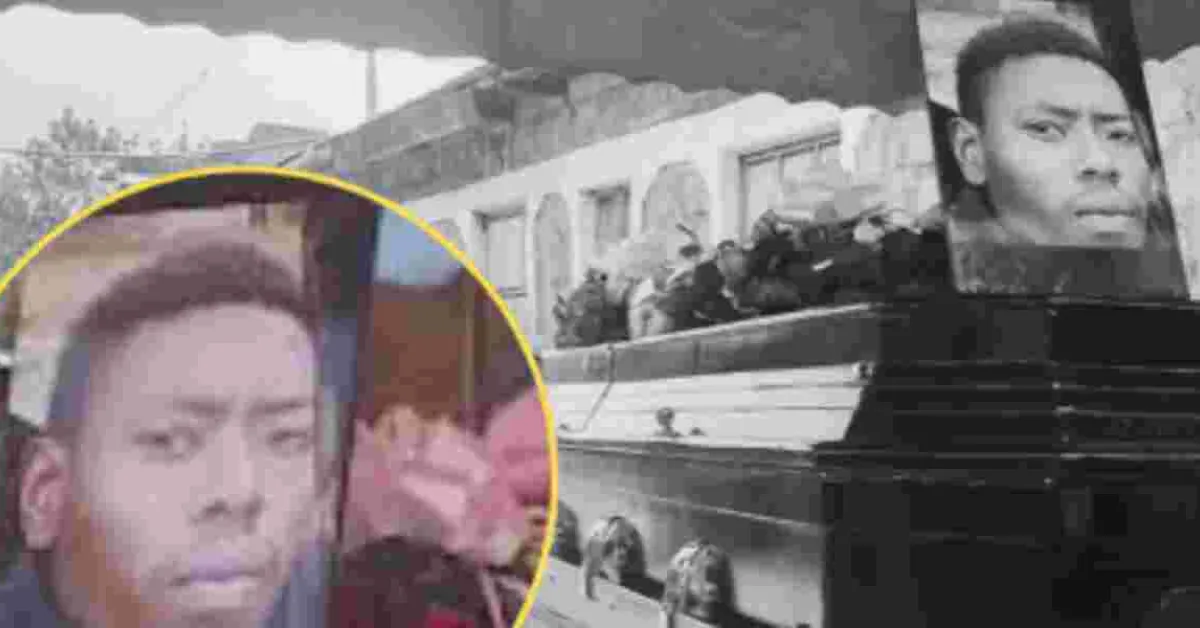
Kennedy Mwangi's life, which ended tragically on September 9, 2024, was marked by hardship, crime, and unfulfilled aspirations.
Born in 1993 in Bendor Estate, Gatanga Sub County, Mwangi's path took a dark turn when he was orphaned at 14, leaving him and his four siblings in the care of their grandparents and struggling to survive. By the age of 31, Mwangi had expressed to friends his desire to leave his criminal past behind and open a bar. However, these dreams were impeded by financial constraints and the constant threat of arrest. His cousin, John Chege, remarks that Mwangi had become "a marked man," always on the run. Since his early twenties, Mwangi's life had been a revolving door of arrests and imprisonments, with police cells and remand homes becoming all too familiar.
The news of Mwangi's death reached Chege through a Daily Nation article on September 11. Mwangi, along with Francis Maingi and Michael Kimando, had been shot dead in Mutoho, on the Kenol-Murang'a road. The incident, occurring at 9 pm on September 9, bore the hallmarks of an extrajudicial killing by police officers. Mwangi had last been seen leaving Chege's residence on September 8. The bodies were taken to Murang'a County Hospital Mortuary by Kenol police station officers. A postmortem report revealed the brutal nature of the killings: Mwangi had been hit by seven bullets to the head at close range, while his companions suffered ten shots each. The excessive force used raised suspicions about the circumstances of their deaths.
Mwangi's life journey had been tumultuous. Despite being baptized in 2002 and completing his primary education, he struggled to find stable employment. Brief stints at Pro Gas and Del Monte eventually gave way to a life of crime. The denial of police involvement by Murang'a South Directorate of Criminal Investigations chief John Kanda has sparked outrage among various groups, including the Law Society of Kenya and human rights activists. They demand accountability, questioning the plausibility of a regular gang using 27 bullets on three targets.
At Mwangi's burial on the outskirts of Kabati town, Rev. James Muigai spoke of the deceased as someone well known to him, while Mwangi's grandfather Joseph Muiru chose to focus on the present grief rather than dwell on past transgressions. This incident has reignited discussions about extrajudicial killings in Kenya, a long-standing issue that human rights organizations have been fighting against. Despite investigations by the Independent Policing Oversight Authority (IPOA), justice often remains elusive for victims' families.
Poverty, limited educational opportunities, and lack of economic prospects often create an environment where illegal activities become a perceived means of survival. As the investigation into Mwangi's death continues, his family and friends are left to grapple with their loss and the unanswered questions surrounding his killing.

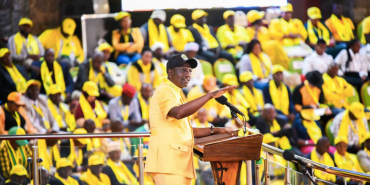
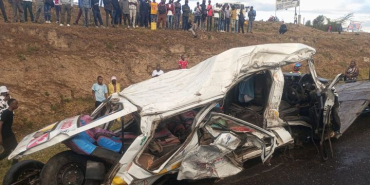
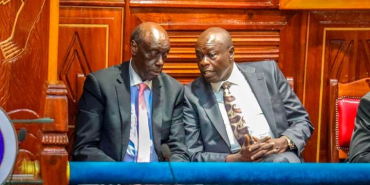
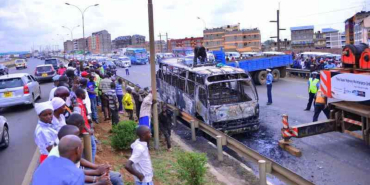
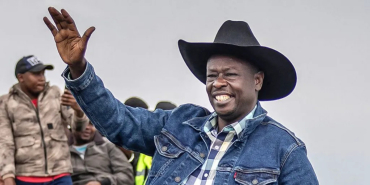
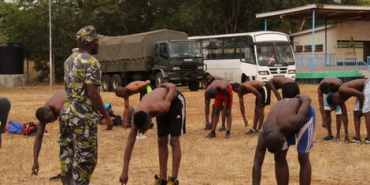
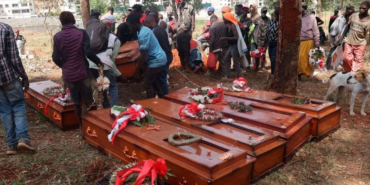






Add new comment